The Power of Proof of Concept (PoC), Prototype, and MVP in Product Development

In the fast-paced world of innovation and entrepreneurship, it’s essential to start on the right foot. Before diving headfirst into a full-scale product development, many businesses and startups turn to various methods to validate their ideas and minimize the risk of failure.
Among these methods are Proof of Concept (PoC), Prototypes, and Minimum Viable Products (MVPs). Each of these plays a crucial role in the project discovery phase, helping businesses define their path and refine their product ideas. In this article, we’ll explore the significance of these concepts and their roles in product development.
Proof of Concept (PoC): A Quick Validation Tool
PoC is an internal study in the project discovery phase that has gained immense popularity in recent years. It serves as a low-cost and rapid method to validate the technical capabilities and resources required to make an idea work. Typically, PoCs involve hard-coding with mock APIs and basic UI controls to mimic the core functionalities of a product.
Imagine a scenario where a startup seeks to collaborate with a larger business. In this case, the startup might build a PoC to demonstrate the feasibility of their idea. For instance, a tech company developing a new software solution might create a PoC to show a potential partner how their concept can integrate seamlessly into the partner’s existing systems.
PoC offers several benefits, such as defining solution limitations, resource evaluation, development approach verification, assessing the feasibility of a complex technical solution, and reducing the likelihood of failures during later development stages. It’s a valuable tool for ensuring that your idea is technically viable before investing significant resources.

Prototypes: Bridging the Conceptual Gap
A prototype simplifies your product idea into an easily digestible format, allowing you to unveil its value. It serves as a bridge between the abstract concept of your product and its tangible manifestation. Prototypes should imitate one or a couple of product functions and/or showcase the look and feel of the product.
One of the primary purposes of a prototype is to identify gaps in the product flow. By creating a mockup of the user interface and interaction, you can find and fix issues in the user experience early in the development process.
Additionally, prototypes are instrumental in testing user needs and collecting user feedback. This iterative feedback loop ensures that your final product aligns with user expectations and requirements.
Furthermore, prototypes are powerful tools when it comes to attracting investors. They can help potential investors visualize how your product will look or function, making it easier to secure funding. Depending on your industry and the nature of your product, you may even be able to raise a significant amount of capital with just a prototype.
Minimum Viable Product (MVP): A Lean Start to Market
The concept of **Minimum Viable Product (MVP)** is a familiar one in the world of startups and product development. It refers to the smallest version of a product that can be released to the market while still providing value to users. MVP is a crucial stage in the product development journey.
An MVP is defined by three key elements: it solves a specific problem, it is minimalistic, and it is viable. It’s not about cramming every possible feature into your product; instead, it’s about focusing on the core functionalities that address the most critical user needs.
When to use an MVP? It’s ideal when you want to test your product idea in the real market with real users. By releasing an MVP, you can gather valuable user feedback, iterate on your product based on that feedback, and gradually build out additional features as you gain more insights.
Have You Heard of MLP (Minimum Lovable Product)?
While MVP is well-known, there’s another concept worth mentioning: the Minimum Lovable Product (MLP). An MLP goes beyond mere viability and aims to create a product that users genuinely love.
It focuses not only on solving a problem but also on delivering a delightful user experience. Achieving this love from users can lead to more loyal customers and organic growth.

Conclusion: Choosing the Right Path
In the journey of product development, choosing the right approach at each stage is crucial for success. Proof of Concept (PoC) helps you validate technical feasibility, Prototypes refine your concept, and Minimum Viable Products (MVPs) allow you to test your product in the real world.
The choice of which approach to use in your first funding round depends on various factors, including your industry, the complexity of your idea, and your target audience. Some businesses may benefit from showcasing a PoC to demonstrate technical feasibility, while others may prefer to present a Prototype to illustrate the user experience. In many cases, starting with an MVP or even aiming for an MLP can be a strategic move to quickly gain market traction and secure funding.
In the end, successful product development involves a combination of these approaches at different stages of your journey. Each method plays a unique role in helping you refine your idea, reduce risks, and ultimately create a product that meets user needs and stands out in the market.
 English
English  Italiano
Italiano 
